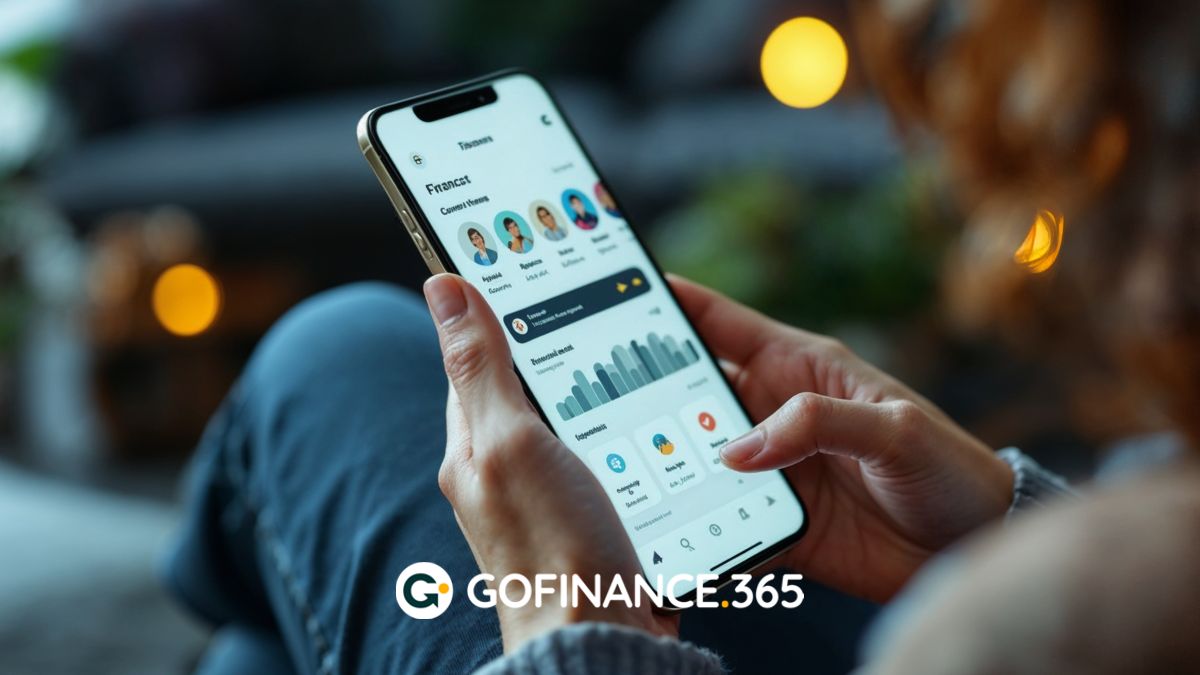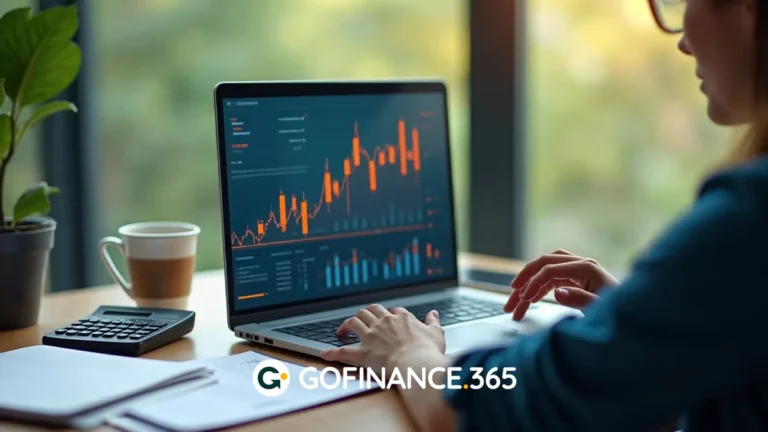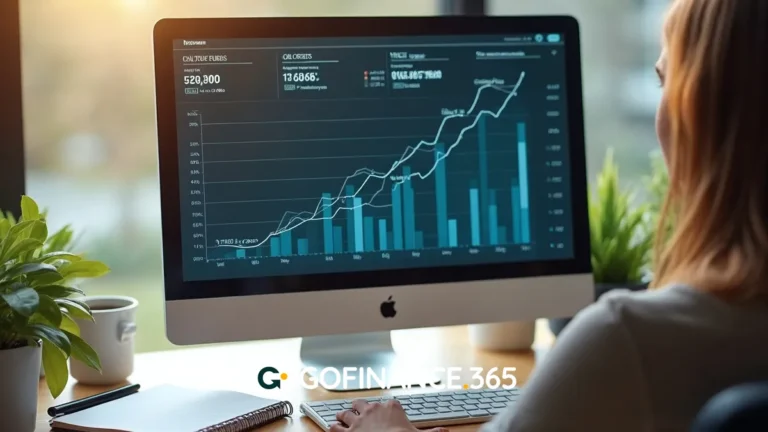Table of Contents:
Have you ever wondered how some people manage their finances so effectively without being accounting experts? The answer is simple: they make the most of the practicality offered by the best free apps for managing finances and money. These digital tools are powerful allies when it comes to efficiently handling income, expenses, and savings. But financial success goes beyond just using technology—it also requires personal discipline, strong financial education, and the use of complementary tools.
Financial technology has advanced to the point where you can now carry smart apps in your pocket that help you plan your budget, receive personalized alerts, and visualize your savings goals in a clear and motivating way. Better still, many of these solutions are entirely free, making them accessible to everyone, regardless of their financial situation.
Get ready to change the way you manage your personal finances with these powerful tools that can mark a turning point in your financial well-being.
Why use digital tools to manage your personal finances?
In today’s fast-paced world, relying on technology has become practically essential for keeping your finances organized.
These finance management apps not only simplify the tracking of income and expenses, but also help uncover spending patterns that might otherwise go unnoticed. For instance, you may discover that those infamous “small expenses” are impacting your ability to save more than you realized. Clearly visualizing this data empowers you to make informed decisions and correct course when necessary.
Advantages of using apps for expense tracking and money management
Integrating financial apps into your daily routine comes with a range of practical benefits that can significantly improve your personal finances:
- Ease and speed of use
- Customization options.
- Automation and time savings.
- Expense analysis to better understand financial habits.
In essence, using financial apps transforms the way you interact with money, offering greater autonomy, clarity, and efficiency in financial decision-making.
The best free apps for managing your personal expenses (Updated 2025)
The number of financial apps has grown considerably, but not all offer the same level of quality or features. Here’s an updated list of the best free options to help you manage your finances like a true expert.
Fintonic: Comprehensive analysis and smart Alerts
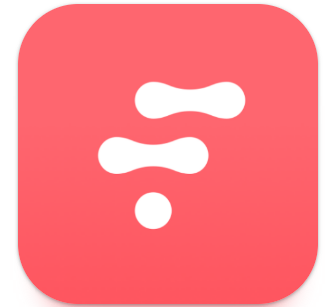
Fintonic is one of the most popular apps in the financial world—and for good reason. Its standout feature is a comprehensive financial analysis presented through clear, intuitive graphs. One of its greatest advantages is the smart alert system, which notifies you about unusual transactions, duplicate charges, and upcoming bill due dates.
It also syncs with your bank accounts and cards, eliminating the need for manual updates. Another plus is its financial score feature, which gives you a snapshot of your financial health and provides personalized tips for improvement.
Monefy: Simple visual control of your expenses
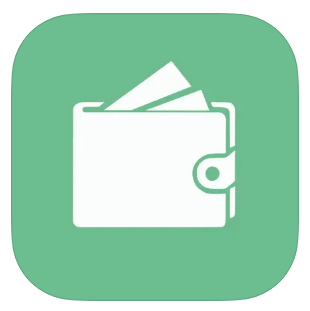
If you value simplicity without sacrificing functionality, Monefy is an excellent choice. Its user-friendly interface lets you quickly log your income and expenses using visual icons to categorize each transaction.
Monefy is perfect for those who prefer manual management in a clean, straightforward format. While it doesn’t require a bank connection, its efficient design makes tracking your finances an easy—and even enjoyable—task. You can also export your data for more in-depth analysis.
Wallet: Bank Synchronization and advanced planning
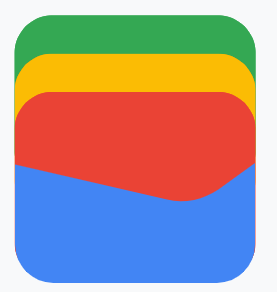
Wallet excels in real-time synchronization with multiple banks, ensuring your financial information is always up to date. It features advanced planning and budgeting tools to help you set clear financial goals and follow through with discipline.
Another standout feature is its ability to generate detailed, customizable reports, giving you deeper insight into your spending habits. You can also create and share family wallets to effectively manage joint expenses.
Money Manager: Complete budget management
For those seeking a balance between detailed budget control and ease of use, Money Manager delivers. It offers double-entry bookkeeping features, making it ideal for users who want a more rigorous approach to accounting—without complexity.
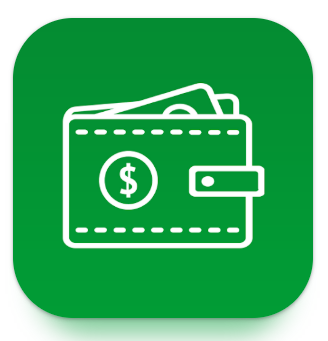
With visualizations via graphs and calendars, Money Manager simplifies both short- and long-term financial planning. It also includes cloud backup to keep your data safe and secure.
Wally: AI-powered for a comprehensive view of your finances
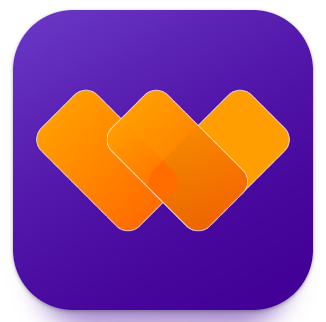
Wally stands out for its integration of artificial intelligence, offering a complete overview of your financial landscape. It not only tracks income and expenses but also analyzes your habits to provide tailored suggestions for improving your finances.
Wally supports multiple currencies, making it an excellent choice for those who manage international finances or travel frequently. Its proactive approach helps you stay in control of your money in a smart, dynamic way.
Practical tips for getting the most out of financial apps
Adopting financial apps is a major step toward better money management, but to achieve the best results, it’s important to use them strategically. Beyond simply installing the app and logging transactions, there are best practices that can maximize their effectiveness and bring you closer to your financial goals faster.
Set up alerts for unusual expenses
One of the most valuable features of financial apps is the ability to create alerts for irregular or unexpected expenses. These notifications serve as an early warning system, helping you catch budget deviations before they become problematic.
Set savings goals within the app
Establishing specific savings goals within the app keeps you motivated and focused. These tools allow you to define clear targets—like saving for a vacation or building an emergency fund.
As you track your progress through graphs or percentages, you’ll experience the satisfaction of inching closer to your goal. This visual reinforcement boosts your daily commitment to saving and makes the process much more engaging.
Review your monthly reports and adjust your habits
Most apps provide monthly reports summarizing your income, spending, and progress toward financial goals. Use this feature to analyze your behavior and identify areas where you can improve.
Spending just a few minutes reviewing these reports each month can provide valuable insights into your financial health, allowing you to make small adjustments before issues arise. Remember—consistency in reviewing your finances is key to staying on track.
Your next smart decision: Use financial apps to improve your finances
Now that you’re familiar with the best free apps for managing your finances and handling your money like a pro, you’re ready to take control of your financial life. These tools not only simplify your daily money management, but also help you build a healthier, more conscious relationship with your finances.
Frequently asked questions about free personal finance management tools
To round off this comprehensive guide, let’s address some of the most frequently asked questions about using free financial apps—so you can move forward with complete confidence.
Are free expense tracking apps secure?
Yes. Most of these apps use bank-level security protocols—such as end-to-end encryption—to protect your data. Many are also audited by third parties to ensure your personal and financial information remains safe.
Which free financial management app offers the best features?
That depends on your needs. If you’re looking for automation and smart alerts, Fintonic is an excellent choice. If you prefer a clean, visual interface, Monefy is ideal. For advanced financial planning, Wallet is a top contender. The key is to choose the one that best fits your personal financial style.


